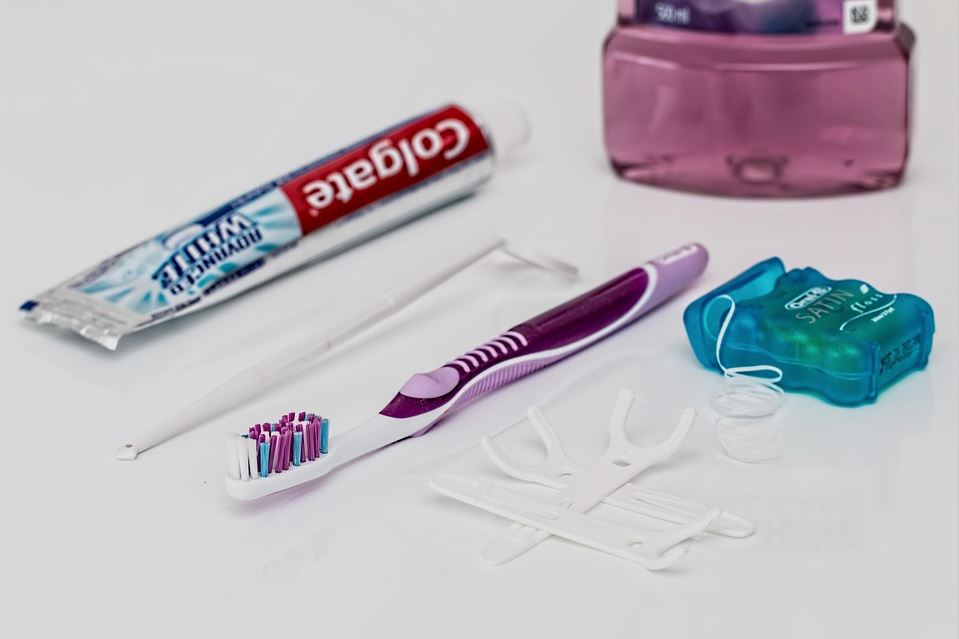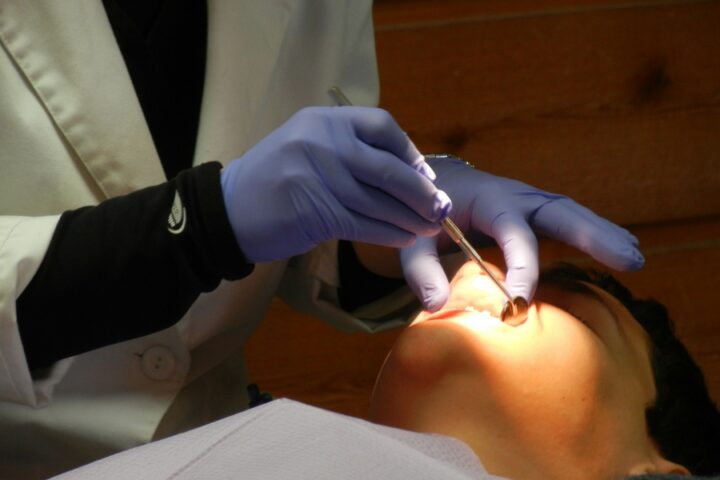Older Americans are not going to the dentist soon or often enough. During retirement years, money can be tight and it’s easy to cut costs that may seem less urgent. However, preventative care is extremely important both for your health and budget, as it works to ensure that you don’t contract something worse. This article names five reasons that it’s important for seniors to make regular dental care a priority.
Dying Teeth Can be Saved
Gum disease and tooth problems cost additional money on top of routine cleanings and checkups. Cavities can be a simple repair or signal more dangerous issues. A routine exam lets the dentist spot minor issues that may lead to worse problems. In the minor stages, tooth rot is curable, and even teeth that have suffered from trauma can be saved from dying as long as they are taken care of sooner rather than later. Putting off your bi-yearly checkups or ignoring tooth pain can lead to more costly and more painful issues later on.
Oral Pain Hurts Your Appetite
Fresh fruits and vegetables contain vitamins and nutrients that are essential for a healthy diet but require strong teeth and jaws. When someone is in pain from a toothache, the last thing he or she will do is eat anything that isn’t baked or boiled soft. Sometimes, cold or heat sensitivity makes it impossible to tolerate some food choices. Hot soups, eggs, and other healthy options give way to puddings, French fries, or cakes because they are softer or a better temperature. Your senior years, when essential nutrients are less easily absorbed, is the most important time to be eating healthy, and anything that gets in the way of that needs to be promptly addressed.
Cavities can Spread to the Jawbone
While a tooth may not feel worth saving in the moment, more than just your tooth is at stake when you leave cavities untreated. Cavities that eat deep into the tooth’s core can also invade the nerves and blood vessels that connect to the jaw. This area is where the infection spreads to the body. Pain is usually severe at this stage, and while that prompts more immediate care, it’s important to get your teeth taken care of long before it reaches this stage. As older people have weaker immune systems, they are less able to fight off these kinds of infections, making it even more important to stop the decay before it spreads.
Tooth Infections can Lead to Sepsis
The Washington Post says studies prove a connection between the body and oral health. Seniors can develop gum disease and mouth infections that not only lead to the jaw and gums, but beyond the blood and lymphatic system. Once in these areas, the bacteria spreads throughout the body causing sepsis, a deadly infection that invades the entire body including the brain. Antibiotics can cure the infection when caught in time, but regular preventative dental care can prevent these issues long before they develop. Gum infections are the most likely to be ignored, but they spread more swiftly because they are in the softer tissue of your mouth.
Dental Implants Prevent Costly Emergency Services
Nearly two billion dollars a year goes to emergency dental services. If a tooth cannot be saved, leaving it in place until an emergency develops is dangerous to your health and much less cost-effective than simply getting it replaced with implant dentistry services. Dental implants are cheaper than emergency surgery, and implants provide a pain-free way to live. Leaving empty sockets can be damaging to the structure of your mouth, and leaving decaying teeth in place can cause serious health issues. If a tooth can’t be saved or is already gone, replacing it can save a lot of money in the long run and improve overall quality of life.
While an aching tooth or sensitive gums may not feel like an emergency worth spending retirement money for, it’s much cheaper and safer to get problems taken care of when they start. Leaving damaged or dead teeth in place, or even just empty sockets, can have lasting effects that are a detriment to your quality of life. Retirement years are not the time to let your immune system be compromised, so make dental care a priority rather than an afterthought.


